Wine and Your Health: The Bittersweet Truth and How to Break Free
Every year, alcohol claims nearly 3 million lives globally, according to the World Health Organization (WHO)—and wine, despite its romanticized reputation, plays a role in this sobering statistic. While moderate wine consumption, particularly red wine, has been linked to potential heart benefits, crossing the line into excess can unleash a cascade of health risks, from liver disease to cancer, and ripple into every corner of your life. Let’s uncork the facts and explore how to reclaim control if wine has become a burden.
The Double-Edged Glass: Health Risks of Wine
1. Silent Saboteurs: Physical Health Threats
- Liver Under Siege: Over time, excessive wine intake can inflame your liver, leading to fatty liver disease, cirrhosis, or even cancer. Even “moderate” drinking adds up—think of it as a ticking time bomb for one of your body’s hardest-working organs.
- Heart’s Rollercoaster: A glass of red might offer antioxidants like resveratrol, but overindulgence flips the script. High blood pressure, irregular heartbeats, and stroke risks climb as your pour count rises.
- Gut Rebellion: Wine’s acidity can torch your digestive lining, sparking heartburn, ulcers, or gastritis. That cozy evening glass? It might be quietly burning a hole in your stomach.
- Cancer Connections: Alcohol is a known carcinogen. Regular wine drinking hikes risks for cancers of the mouth, throat, liver, breast, and colon—no amount of “healthy” polyphenols cancels this out.
2. Mind and Society: The Invisible Toll
- Mood Swings and Dependency: Wine’s temporary “calm” often spirals into anxiety, depression, or addiction. Your brain’s reward system gets hijacked, making cravings feel impossible to ignore.
- Social Unraveling: Slurred words or missed commitments under the influence can fracture relationships and careers. Wine might start as a social lubricant—but it often ends as a wedge.
- Cognitive Decline: Chronic drinking clouds focus, memory, and decision-making. Over years, it may accelerate dementia and shrink brain volume.
3. Long-Term Shadows: Chronic Conditions
Persistent heavy drinking weakens your immune system, fuels diabetes, and speeds aging. Even if you feel fine today, your future self may pay the price.
Breaking the Cycle: How to Quit Wine for Good
1. Face the Facts, Set Your Compass
- Acknowledge the Impact: Write down how wine affects your health, relationships, and goals. Honesty is your first step toward freedom.
- Define Your “Why”: Whether it’s for your kids, career, or longevity, anchor your goal in something unshakable. Start small: “I’ll swap wine for herbal tea on weeknights.”
2. Assemble Your Support Squad
- Medical Guidance: Consult a doctor to detox safely, especially if withdrawal symptoms (shaking, nausea) emerge. Medications or therapy might be part of your toolkit.
- Therapy and Groups: Cognitive behavioral therapy (CBT) rewires drinking triggers. Groups like Alcoholics Anonymous (AA) offer camaraderie—no judgment, just shared strength.
3. Rewire Your Routine
- Purge Temptations: Clear wine from your home. Avoid bars or parties early on—opt for coffee dates or hikes instead.
- Swap Habits: Replace wine rituals with new joys: evening yoga, cooking classes, or creative projects. Distraction is your ally.
- Stress-Busting Toolkit: Master mindfulness, deep breathing, or journaling. When cravings hit, text a friend or dive into a hobby until the urge passes.
4. Track Progress, Embrace Setbacks
- Celebrate Wins: Mark sober days on a calendar. Treat yourself to a massage or concert ticket after milestones.
- Learn from Slip-Ups: Relapses happen. Note what triggered them (stress? boredom?) and adjust your plan. Progress isn’t linear—it’s a spiral upward.
5. Lean on Community
- Share Your Journey: Confide in trusted friends or family. Their encouragement can be your lifeline.
- Join the Tribe: Online forums or local AA meetings remind you: You’re not alone. Hearing others’ stories fuels hope.
The Takeaway: A Life Beyond the Bottle
Quitting wine isn’t about deprivation—it’s about reclaiming your health, clarity, and joy. With the right mix of professional support, habit shifts, and self-compassion, you can rewrite your relationship with alcohol. Remember, every sip skipped is a victory. Your future self will thank you.


